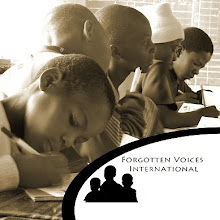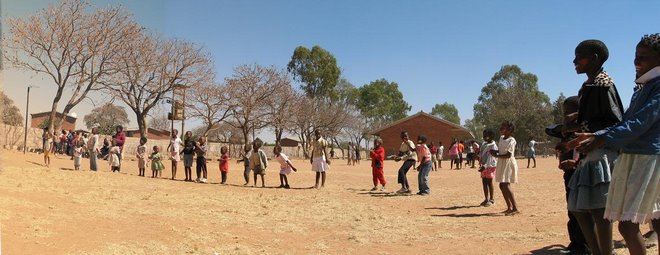-Ryan
_____________________
An inter-Mennonite newspaper, putting the Mennonite world together every week since 1923 Prayers uphold Zimbabweans as elections approach
By Celeste Kennel-Shank
Mennonite Weekly Review
A group of Anabaptists in Illinois is calling for prayer and fasting and will gather at 10 a.m. March 29 at Christ Community Mennonite Church in Schaumburg, Ill., as polls close.
Mankani Moyo — a former pastor in the 33,000-member Brethren in Christ Church in Zimbabwe, currently living in the United States and attending Christ Community — said he will pray for his nation to avoid the kind of violence recently seen after elections in Kenya.
“My concern is that there will be peace in Zimbabwe and that the people will exercise their right to choose whoever they want to choose,” Moyo said.
President Robert Mugabe, who has held the position since 1980, will be challenged in the Zimbabwe presidential election by Simba Makoni, former national finance minister, and Morgan Tsvangirai, who has trade union support.
Moyo prays that people in Zimbabwe would be able to work and support their families, as he sees in the United States. He believes prayer connects believers as they try to advance that vision.
“There is unity in prayer,” Moyo said. “When we sit down and pray and fast, the Lord is going to move and do something in our midst.”
One of the other prayers will be for the elections to be free and fair, said Joy Kauffman of Willow Springs Mennonite Church in Tiskilwa, Ill., one of the event’s organizers.
“We are praying with that mustard seed, that God can move mountains,” Kauffman said.
Mennonites should also consider what it means to be part of the body of Christ, remembering lessons from Mennonite World Conference in Bulawayo, Zimbabwe, in 2003, Kauffman said.
“We made promises that we would not forget our brothers and sisters there,” Kauffman said. “It’s a question of how we honor those promises.”
Bishop Danisa Ndlovu — head of the BIC Church in Zimbabwe and MWC vice president and president-elect — is a particular inspiration for the worldwide church, Kauffman said.
“He had to choose pacifism in a way that I can’t even fathom, because he had to choose not to seek retribution after his father’s own brutal, brutal death,” Kauffman said. “He has called the church to creatively imagine what it means to be the body, and what it means to be in a body together with people for whom the suffering is so great.”
Wayne Hochstetler, conference minister for Illinois Mennonite Conference, attended the world conference in Zimbabwe and said it helped participants “understand much more clearly the dynamics the churches are facing there, as well as the extreme need the churches are facing.”
Mennonites should continue to show concern for the people there, he said.
To that end, Hochstetler is working with Kauffman to explore the possibility of forming relationships between churches in the conference and churches in Zimbabwe.
Ndlovu has suggested forming church links through Forgotten Voices, a nonprofit based in Mechanicsburg, Pa., which connects with local churches in Zimbabwe to provide funds and training for empowering orphans through education and agricultural projects, Kauffman said.
Portions of this article is available only in the print edition because of sensitive information.





No comments:
Post a Comment